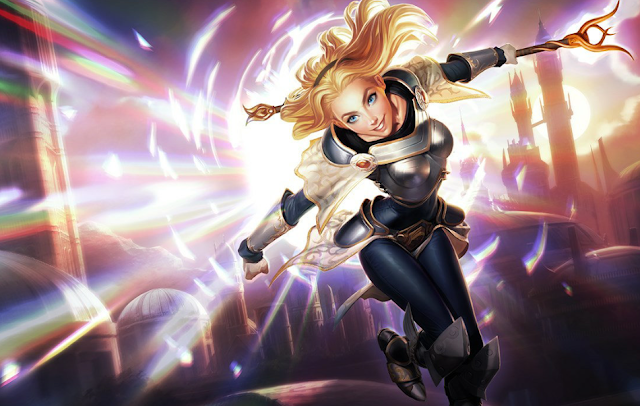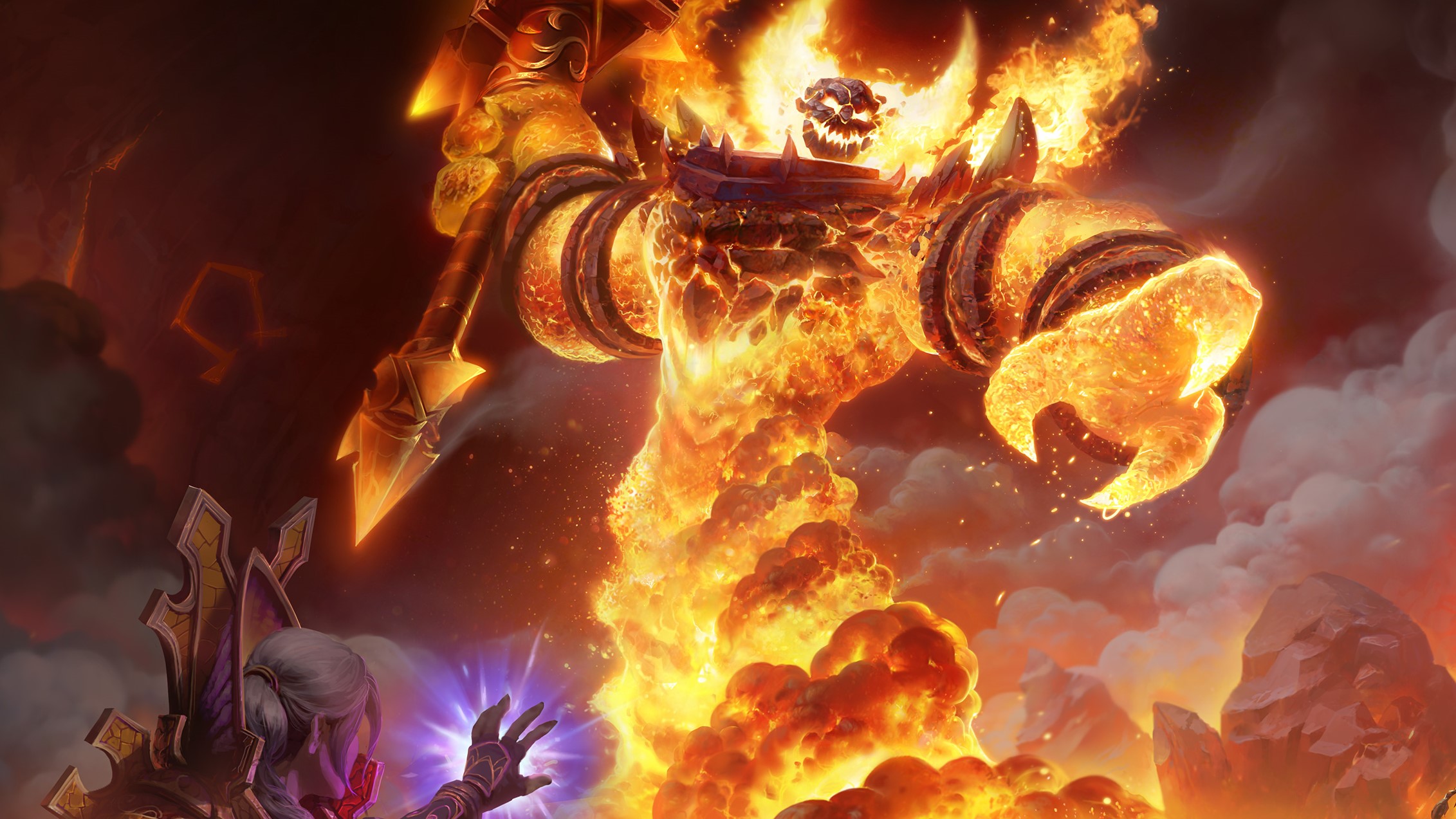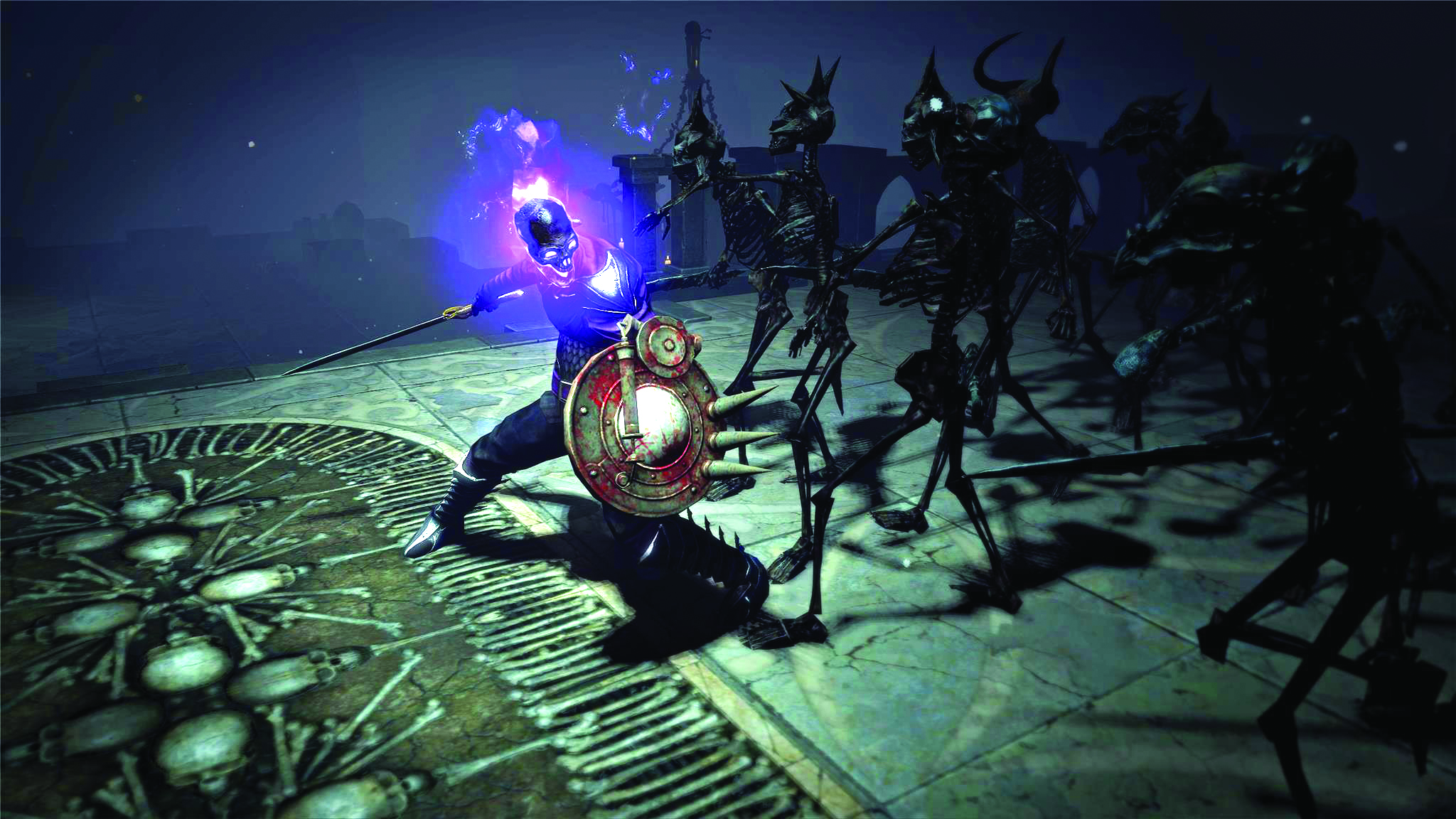
Tencent is the world's biggest games distributor. What could be compared to Facebook or Google—however, gamers overall are most likely more acquainted with Tencent's speculations than several game engineers and distributors.
However, with more than 300 interests in its portfolio, keeping steady over each organization that Tencent has a stake in can be a touch overwhelming. That is the reason I've made this reference posting every one of Tencent's public interests in unfamiliar gaming organizations (, organizations outside of China), including, where conceivable, the amount of that organizations Tencent possesses. As a feature of our continuous inclusion of PC gaming in China, it's likewise essential to comprehend the developing impact Chinese gaming organizations like Tencent have on the worldwide market.
Riot Games (League of Legends) - 100 percent
In 2011, Tencent went from being Riot Games' distributing accomplice in China to its lion's share partner in the wake of paying $400 million for a 93 percent stake in the League of Legends designer. After four years, Tencent gathered up the staying 7 percent value for an undisclosed sum, assuming full responsibility for Riot Games similarly as League of Legends was detonating as an export around the globe. Tencent's acquisition of Riot was downright judicious—League of Legends is the most famous PC game on the planet, pulling in an expected $1.4 billion in income a year ago. Mob Games remains to a great extent allowed to direct the game in how it satisfies, yet that relationship has some revolting drawbacks. Needing to take advantage of the versatile gaming blast, Tencent attempted to get Riot to make a portable rendition of LoL. At the point when the designer won't, Tencent felt free to make their own versatile clone of LoL considered Arena of Valor that got one of the most beneficial portable games in Asia—and Riot was about it. That is currently generally no big deal since Tencent has deserted Arena of Valor in the West and Riot is presently making a portable rendition of LoL. Quarrels aside, Tencent's acquisition of Riot has solidified it as the lord of esports.
Epic Games - 40 percent
Tencent's $330 million interest in Epic Games back in June 2012 set off one of the most sensational movements in PC gaming of the most recent decade, introducing another period of being allowed to mess around as a help. Seeing that "the old model" of selling games wasn't working, Epic organizer Tim Sweeney chose to unite with Tencent to more readily find out about working live-administration games. It paid off. With Tencent's venture, Epic rejected Unreal Engine 4's month-to-month membership for a free form where Epic earned eminences on deals. Even though designers may pay more for a fruitful game over the long haul, it freed Unreal Engine up to a huge network of independent designers and helped fuel exceptional rivalry between rival motors, Unity, which up to that point was viewed as the best innovation for little engineers. Simultaneously, Epic trying different things with live-administration games like The Paragon and Fortnite: Save the World. While the two games were disappointments, Save the World put Epic in the ideal spot to get on board with the fight royale fleeting trend and—nearly coincidentally—make the greatest gaming mainstream society marvel since Minecraft and Pokémon. A year ago, Fortnite made $2.4 billion, making it the most beneficial game that year.

Bluehole (player unknown's Battlegrounds) - 11.5 percent
Indeed, Tencent is a bit of both Fortnite and PUBG, the two predominant fight royales. Even additionally interesting that Tencent likewise has the rights to distribute the two games in China, which means it's really in rivalry with itself—not a terrible spot to be in. Tencent's venture into Bluehole initially started in 2017 with Tencent first procuring 1.5 percent of Bluehole before expanding that speculation to an undisclosed supposed to associate with 10%. That is presumably simply the start, however, as Tencent is reputed to look for a total securing of Bluehole.
Ubisoft - 5 percent
Tencent was one of a few financial specialists that helped Ubisoft endure an antagonistic takeover a year ago from Vivendi, who at the time was Ubisoft's biggest partner. For quite a long time, Vivendi had been consistently procuring more stake in Ubisoft to organize Yves Guillemot and hold onto control for itself—placing a great many positions in danger all the while. The circumstance looked inauspicious until Ubisoft hit an arrangement with Vivendi that saw the French combination strip its stake to an assortment of speculators that included Tencent.
As a feature of the understanding, however, Tencent is only a quiet accomplice who can't expand casting a ballot rights or possession stake in Ubisoft—making an unfriendly takeover by Tencent outlandish. The procurement of Ubisoft shares likewise proclaimed in a vital organization where Tencent would distribute Ubisoft games in China, which caused its own whirlwind of reaction over restriction.

Activision Blizzard - 5 percent
A long time before Ubisoft, Tencent helped another organization get away from Vivendi: Activision Blizzard. Activision fell under Vivendi's influence route in 2007 when it converged with auxiliary Vivendi Games to unite with Blizzard and advantage of the achievement of World of Warcraft. After five years, the blended organizations of Activision Blizzard declared an arrangement to repurchase Vivendi's stake in the organization and become free, and Tencent seized the chance to purchase 5 percent of the organization for an undisclosed sum.
Grinding Gear Games (Path of Exile) - 80 percent

In 2018 Tencent grabbed a dominant part stake in the New Zealand engineer of Path of Exile, Grinding Gear Games. The buy frightened Path of Exile players who dreaded the Chinese distributor would begin executing more forceful microtransactions or changes to Path of Exile's fragile in-game economy. However, in the same way as other of Tencent's acquisitions, Grinding Gear Games has evidently kept its autonomy over Path of Exile's activity. In the year since little has changed about Path of Exile's economy or microtransactions notwithstanding the game's proceeded development.

Other investments worth noting
Supercell - 84.3 percent: Tencent's 8.6 billion dollar interest in this Finnish portable engineer is probably the greatest buy-in videogame history. Yet, considering 60% of Tencent's $19.13 billion in gaming income a year ago originated from portable games, and Supercell's suffering hits like Clash of Clans, the obtaining bodes well. Like Riot Games, Supercell supposedly holds the vast majority of its autonomy and is as yet situated in Finland.
Outskirts Developments - 9 percent: Tencent put £17.7 million into the engineering of Elite Dangerous and Planet Zoo in 2017 as a major aspect of a key association to exploit expanded enthusiasm for space and "theme park" games in China.
Kakao - 13.5 percent: Kakao is a South Korean web and diversion organization whose games auxiliary is liable for the super hit Black Desert Online, which outperformed $1 billion in net deals a year ago, and furthermore distributes PUBG in South Korea.
Oddity Interactive - 5 percent: When Swedish stupendous system distributer Paradox initially opened up to the world in 2016, Tencent plunged in to purchase 5 percent for $21 million. Some portion of the deal was spurred because Steven Ma, the head of distributing at Tencent Games, is a major fanatic of Hearts of Iron 2.
Fatshark - 36 percent: Warhammer: Vermintide 2's prosperity drove Tencent to obtain a huge minority stake in Swedish designer Fatshark in mid-2019 for an expected $56 million.
Funcom - 29 percent: Tencent's latest by was 29 percent of Funcom, the creators of Conan Exiles and The Secret World.
Sharkmob - 100%: This new studio contained ex-The Division and Hitman devs and was completely purchased by Tencent in mid-2019, however, it hasn't reported its first game yet.
Disagreement: Discord has gotten $158 million in financing a year ago, including an undisclosed sum from Tencent (among numerous different speculators).
That covers the majority of the organizations that PC gamers will think about. It additionally possesses around 20% stake in Sea, a South-East Asia esports and distributing organization, an undisclosed dominant part stake in web game distributer Miniclip, and about six minority stakes in an assortment of versatile game organizations for sure.
Update, 10/9/2019: This article initially asserted that Tencent had a 48.4 percent stake in Epic Games, yet that was somewhat deceptive. Tencent bought 48.4 percent of the rest of the offers in Epic at that point, which likens to a general absolute of a 40 percent stake in Epic Games. We've refreshed the article to mirror that.
Update, 10/7/2019: Originally this article expressed Tencent possessed a 39.7 percent stake in Sea however that number was obsolete. We've refreshed the article to mirror that.
Supercell - 84.3 percent: Tencent's 8.6 billion dollar interest in this Finnish portable engineer is probably the greatest buy-in videogame history. Yet, considering 60% of Tencent's $19.13 billion in gaming income a year ago originated from portable games, and Supercell's suffering hits like Clash of Clans, the obtaining bodes well. Like Riot Games, Supercell supposedly holds the vast majority of its autonomy and is as yet situated in Finland.
Outskirts Developments - 9 percent: Tencent put £17.7 million into the engineering of Elite Dangerous and Planet Zoo in 2017 as a major aspect of a key association to exploit expanded enthusiasm for space and "theme park" games in China.
Kakao - 13.5 percent: Kakao is a South Korean web and diversion organization whose games auxiliary is liable for the super hit Black Desert Online, which outperformed $1 billion in net deals a year ago, and furthermore distributes PUBG in South Korea.
Oddity Interactive - 5 percent: When Swedish stupendous system distributer Paradox initially opened up to the world in 2016, Tencent plunged in to purchase 5 percent for $21 million. Some portion of the deal was spurred because Steven Ma, the head of distributing at Tencent Games, is a major fanatic of Hearts of Iron 2.
Fatshark - 36 percent: Warhammer: Vermintide 2's prosperity drove Tencent to obtain a huge minority stake in Swedish designer Fatshark in mid-2019 for an expected $56 million.
Funcom - 29 percent: Tencent's latest by was 29 percent of Funcom, the creators of Conan Exiles and The Secret World.
Sharkmob - 100%: This new studio contained ex-The Division and Hitman devs and was completely purchased by Tencent in mid-2019, however, it hasn't reported its first game yet.
Disagreement: Discord has gotten $158 million in financing a year ago, including an undisclosed sum from Tencent (among numerous different speculators).
That covers the majority of the organizations that PC gamers will think about. It additionally possesses around 20% stake in Sea, a South-East Asia esports and distributing organization, an undisclosed dominant part stake in web game distributer Miniclip, and about six minority stakes in an assortment of versatile game organizations for sure.
Update, 10/9/2019: This article initially asserted that Tencent had a 48.4 percent stake in Epic Games, yet that was somewhat deceptive. Tencent bought 48.4 percent of the rest of the offers in Epic at that point, which likens to a general absolute of a 40 percent stake in Epic Games. We've refreshed the article to mirror that.
Update, 10/7/2019: Originally this article expressed Tencent possessed a 39.7 percent stake in Sea however that number was obsolete. We've refreshed the article to mirror that.
